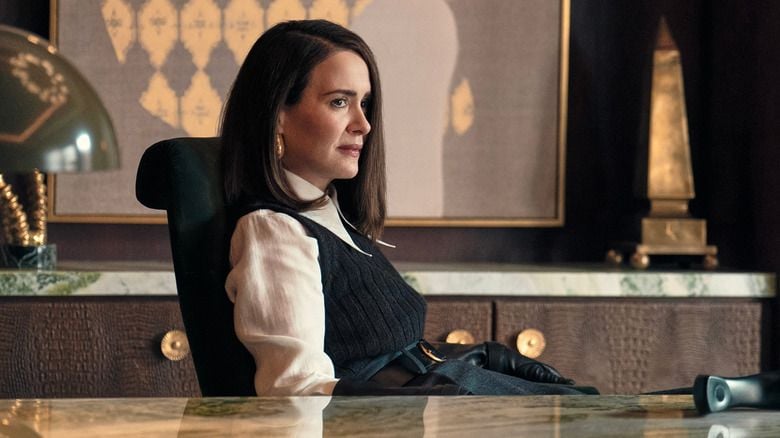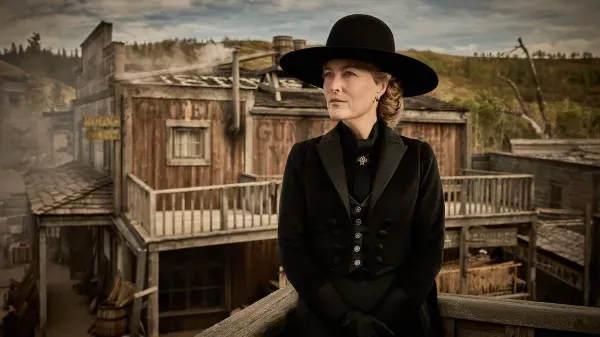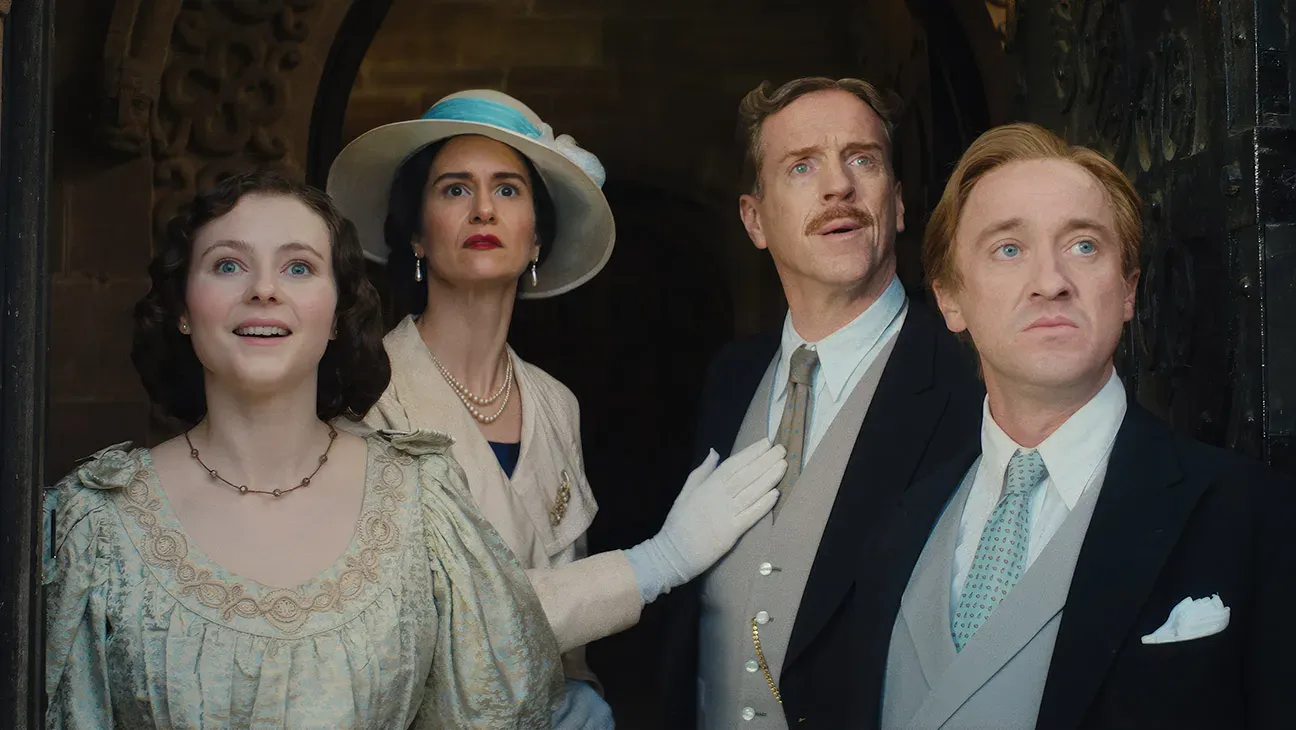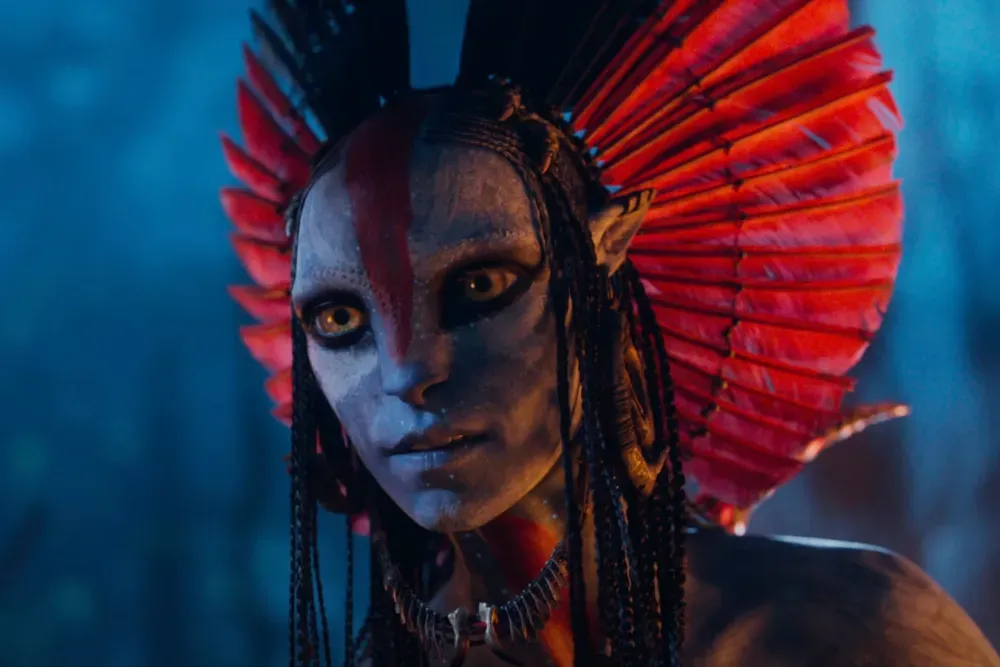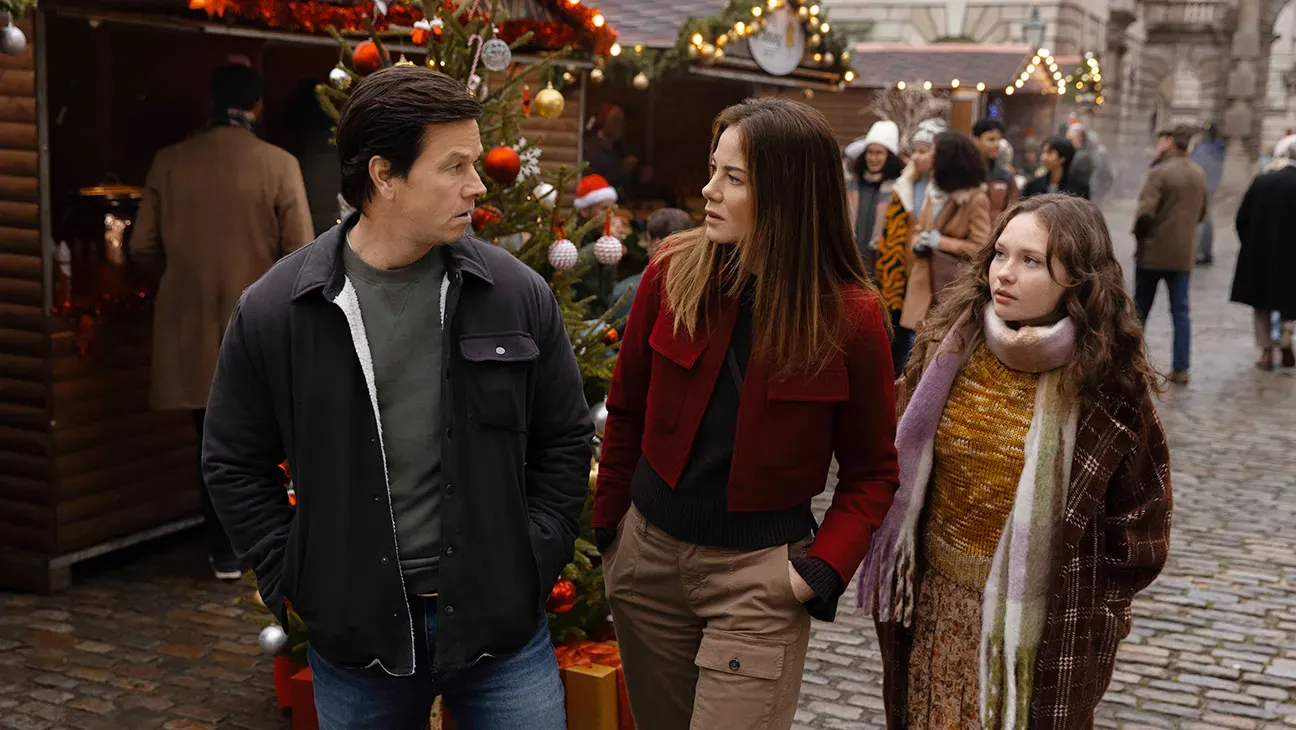
The Convert (2024) — Movie Review
- Jul 20, 2024
In “The Convert,” director, and co-writer Lee Tamahori returns to his native New Zealand to focus on a crucial period in the nation's history. Famed for his action films like the James Bond movie "Die Another Day" and "xXx: State of the Union," Tamahori crafts dramatic tension on battlegrounds and in intense interactions where two groups of the native Māori people compete for control amidst British settlers establishing one of their initial territories. The central character, advocating for peace amidst chaos, seems to go unnoticed.
In the story set in 1830, Thomas Munro (portrayed by Guy Pearce), a former soldier seeking escape from England, arrives in New Zealand. Upon his arrival, he discovers conflicts between two Māori chiefs, obstructive British residents, and unsettling local traders all contributing to local unrest. As the story unfolds, Thomas aligns himself with Rangimai, a troubled local woman and Charlotte, a widow, even as war looms.
While Munro initially appears to be the central character, he lacks depth despite significant screen time. On the other hand, the character of Rangimai steals the show. She navigates the violence around her, conditions her revenge for her husband's murder, and strategically learns from the discriminating British settlers around her.

Tamahori and co-writer Shane Danielsen take creative liberties with historical accuracy by somewhat modifying real-life events and creating composite characters. Yet, "The Convert" achieves its objective by providing a vivid depiction of New Zealand when it was predominantly known by its Māori name, Aotearoa.
The stunning natural scenery of New Zealand serves as a backdrop to the narrative, further enhancing the dramatic story elements with atmospheric contrasts and visual focus on local flora and fauna. The film mirrors Thomas's curiosity as he explores this new land, portraying Aotearoa in all its exotic allure.
This film marks Tamahori's third production set on the island, with meticulous attention given to accurate portrayal of Māori life, homes, attire, language, and the many intrinsic aspects of the pre-colonial days. “The Convert” neatly revives history in all its disorderly complexity, showcasing how ordinary individuals navigated these pivotal times.



